Comics and the Mythology of Secret Recipes
11 min read Exploring how comics blend myth and mystery around secret recipes, highlighting their cultural and storytelling significance in culinary narratives. July 16, 2025 12:05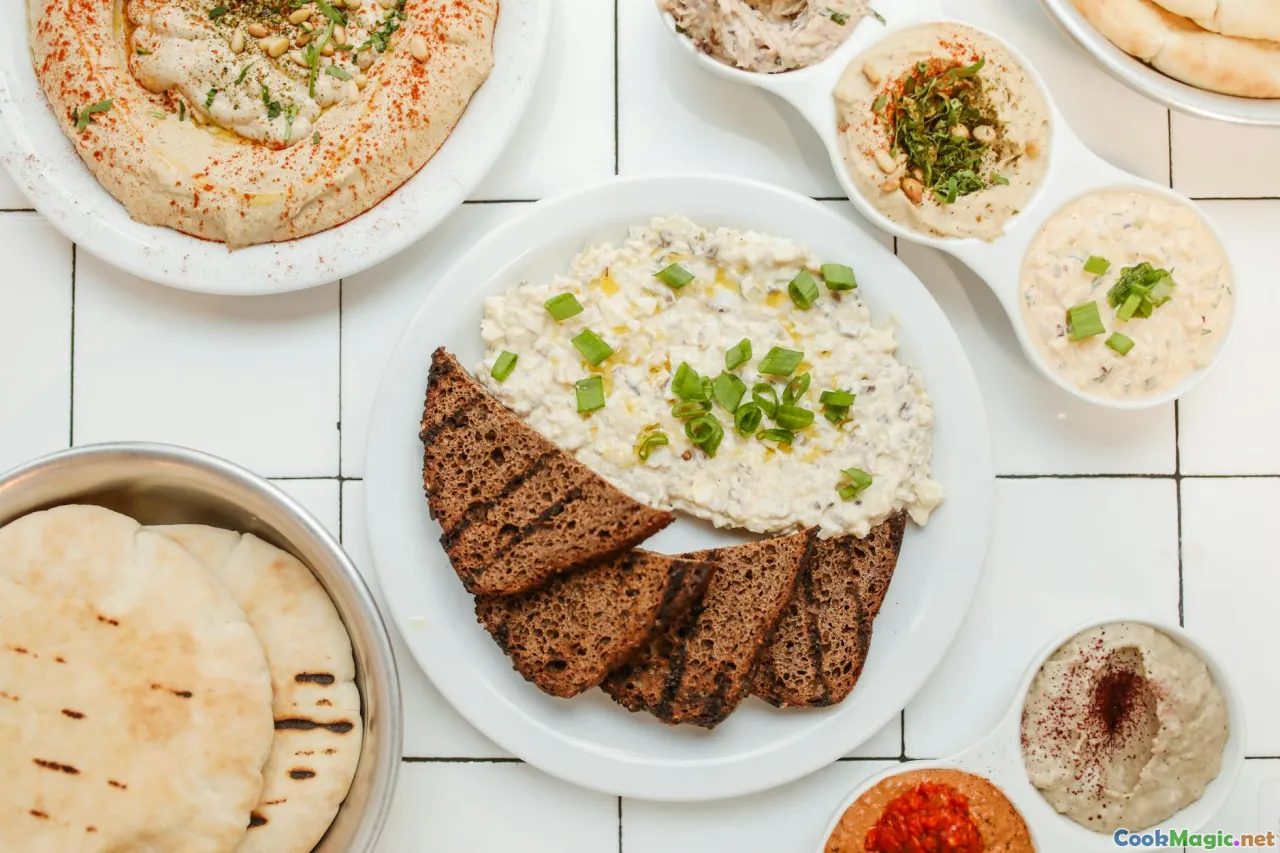
Comics and the Mythology of Secret Recipes
Stepping into a comic book store or flipping through a graphic novel often feels like entering a portal into worlds where myth, adventure, and human emotion collide. Yet, nestled amidst superhero alter egos, alien invasions, and intergalactic battles, lies a fascinating subculture: the mythology of secret recipes. These hidden culinary treasures, often depicted as elusive keys to power, identity, or tradition, serve as flavorful symbols woven into the fabric of pop culture. It’s more than just food — it’s storytelling set to a palate’s symphony.
In this exploration, we’ll decode how comics elevate secret recipes from mundane ingredients to cultural myths that resonate deeply with readers’ senses, histories, and personal identities. From the clandestine barbecue sauce of a reformed villain to the mystical ramen that grants wisdom, these culinary myths invite us to see food as a secret language, a portal to mystery, power, and nostalgia.
The Allure of the Hidden Recipe: A Cultural Connection

Whether it’s a legendary barbecue sauce passed down through generations or a mystical herbal brew, secret recipes symbolize more than just taste — they embody tradition, rebellion, identity, and the desire for exclusivity. In many cultures, recipes are sacred family heirlooms, guarded fiercely with tales of ancestors who bestowed special knowledge.
Comics tap into this widespread mythos: a secret recipe grants its bearer an almost magical advantage. Think of the secret elixir that gives an underdog hero such as the Ninja Turtles confidence and resilience or the clandestine recipe of a famous Italian mafia family that keeps a city stirred by intrigue. These stories tap into a universal fascination: that food, particularly secret recipes, holds deeper power than the ingredients alone.
For readers, these myths evoke warm nostalgia for grandma’s hidden apple pie recipe or mysterious sauces that double as family heirlooms. Comics grope into this sentiment by exaggerating and glamorizing those personal histories, transforming recipes into symbols of identity and cultural pride.
Famous Comic Food Circles and Recipes
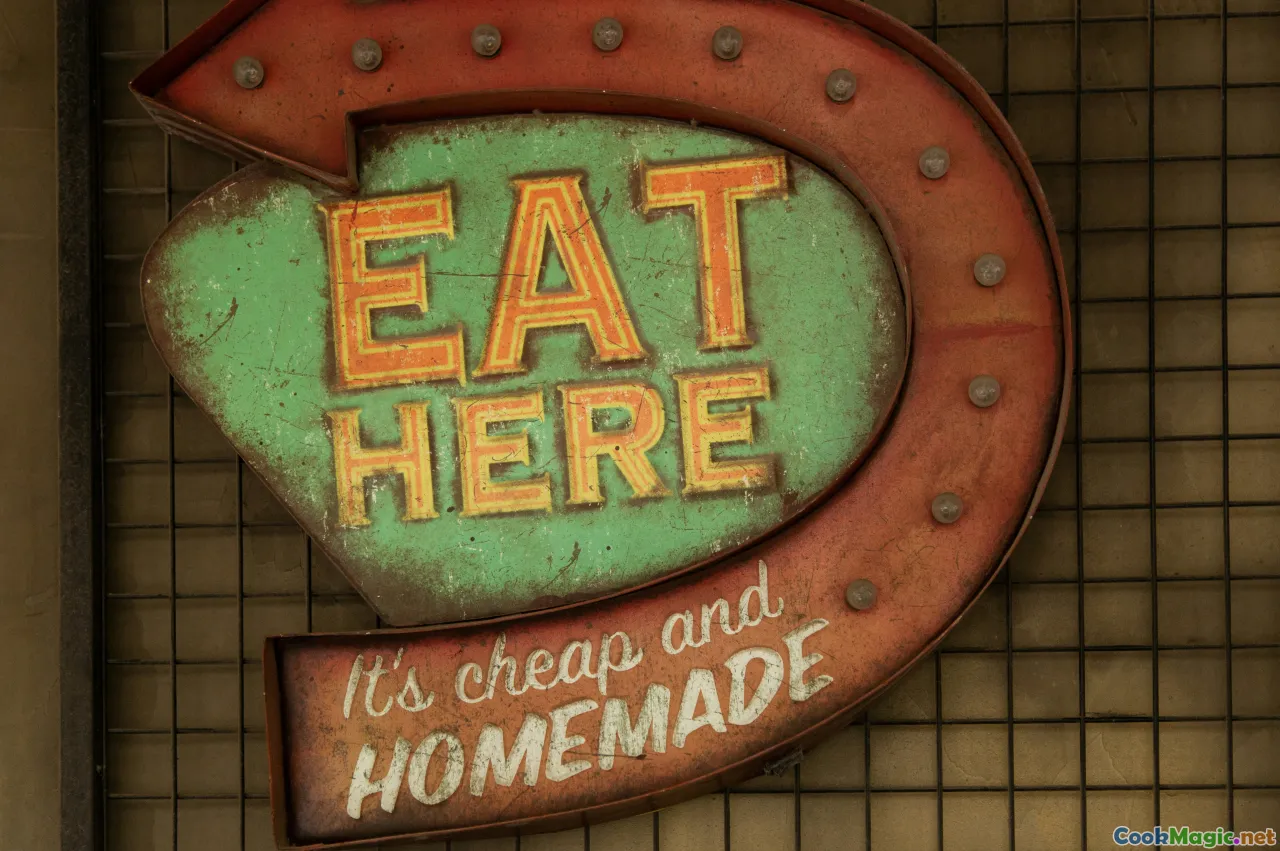
**1. The Secret Sauce of the Marvel Universe:**Behind the scenes, Marvel comics have long hinted at the existence of energetic compounds and secret recipes—like Pym Particles or Stark’s advanced bio-chemical solutions. While not always food-related, these elements symbolize the power of knowledge hidden beneath mundane surfaces.**2. Hattori Hanzō's Ramen in Boruto:**In Japanese manga, ramen is more than a quick meal; it’s a cultural emblem. In Boruto, Hattori Hanzō's legendary, secret miso ramen serves as a symbol of tradition, perseverance, and even healing—a mystical recipe passed down through generations.**3. Mafia-Tradition Recipes in Gomorrah and The Sopranos:**Pasta sauces and Italian comfort foods are often depicted as secret recipes in crime noir stories, reinforcing familial intergenerational bonds and loyalty.4. The Cosmic Spaghetti in Guardians of the Galaxy: Marvel’s space-faring heroes often indulge in cosmic pasta dishes that are surreal but invoke a sense of shared communal joy even across galaxies.
From Myth to Media: How Comics Craft Culinary Legends

Comics use vivid visuals and compelling storytelling to craft dishes that are larger-than-life, elevating recipes into archetypal symbols. For instance, in the popular webcomic The Art of Ramen (by Ataru Motheiro), ramen becomes a mythic quest for perfection — each bowl representing the hero’s journey toward self-discovery.
Visual storytelling enhances the sensory experience: steam rises dramatically from bowls of miso ramen in vibrant panels, the glossy surface of a secret sauce glints on glossy pages, invoking smells and flavors that leap into the reader’s imagination. Artists use exaggerated proportions and dynamic perspectives connecting the reader’s visual senses with taste expectations.
Fictional recipes often act as shortcuts to emotional resonance. Think of the “Aurora’s Ambrosia” in fantasy comics, which looks like a shimmering, multi-layered sorbet — a visual metaphor of transcendence, perhaps even healing. These visuals trigger cravings or nostalgic memories, making the culinary legends remembered long after closing the comic.
Real-World Inspirations Behind Comic Mythology
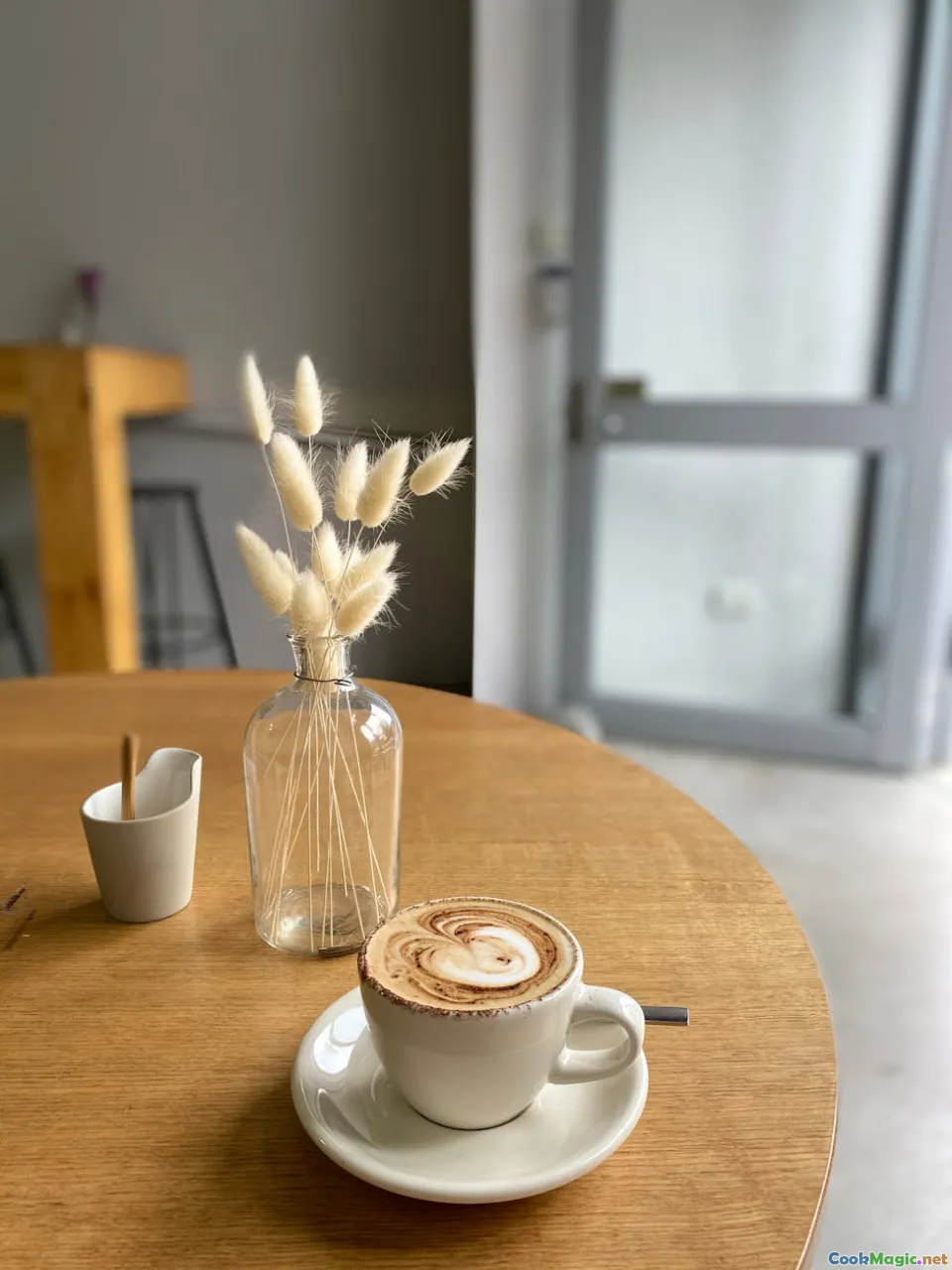
Many iconic comic recipes are inspired by real culinary traditions. The secret sauce of the Big Belly Burger in DC comics probably echoes classic American BBQ — smoky, spicy, layered with slow-cooked depth. Legendary dishes in comics often echo traditional dishes rooted in history.
For example, the secret kimchi recipe in Korean comics and dramas highlights a cultural tradition rooted in resilience and community. Similarly, the secret spice blend of Indian masalas, often portrayed as key in hero or villain backstories, underscores the importance of distinct regional flavors.
Tapping into these real-world inspirations lends authenticity and fosters a deeper connection between comics and their global audiences.
Creating Your Own Culinary Myth in Personal Life
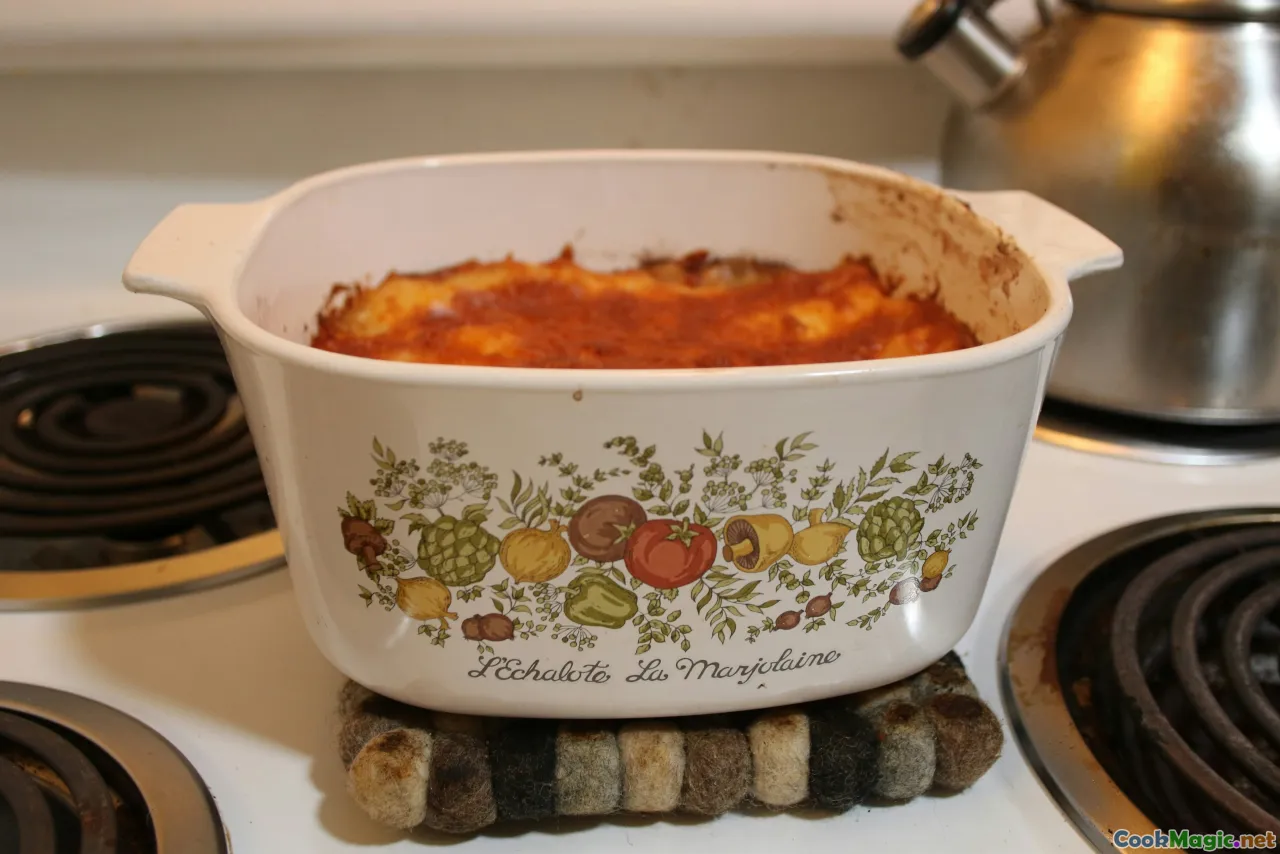
Inspired by the mythic status of secret recipes in comics, why not craft your own culinary legend? Here are some tips:
- Cherish Your Heritage: Think of a family dish or a personal recipe that holds emotional significance. Develop a story around it — perhaps it was your grandmother’s special stew or your own secret hot sauce.
- Layer Flavors and Stories: Just like in comics, where visual exaggeration hints at deeper meaning, layer flavors to reflect your personal journey — spicy, sweet, smoky, or sour—creating a taste narrative.
- Create a Ritual: Incorporate a ritual or symbolic step that elevates your dish into a mythic experience. Maybe it’s a secret ingredient, a specific cooking ritual, or a storytelling snack time.
- Share and Pass It Down: Like comic characters passing secret recipes across generations, sharing your culinary legends solidifies their cultural and emotional significance.
The Power of Food Currency in Pop Culture
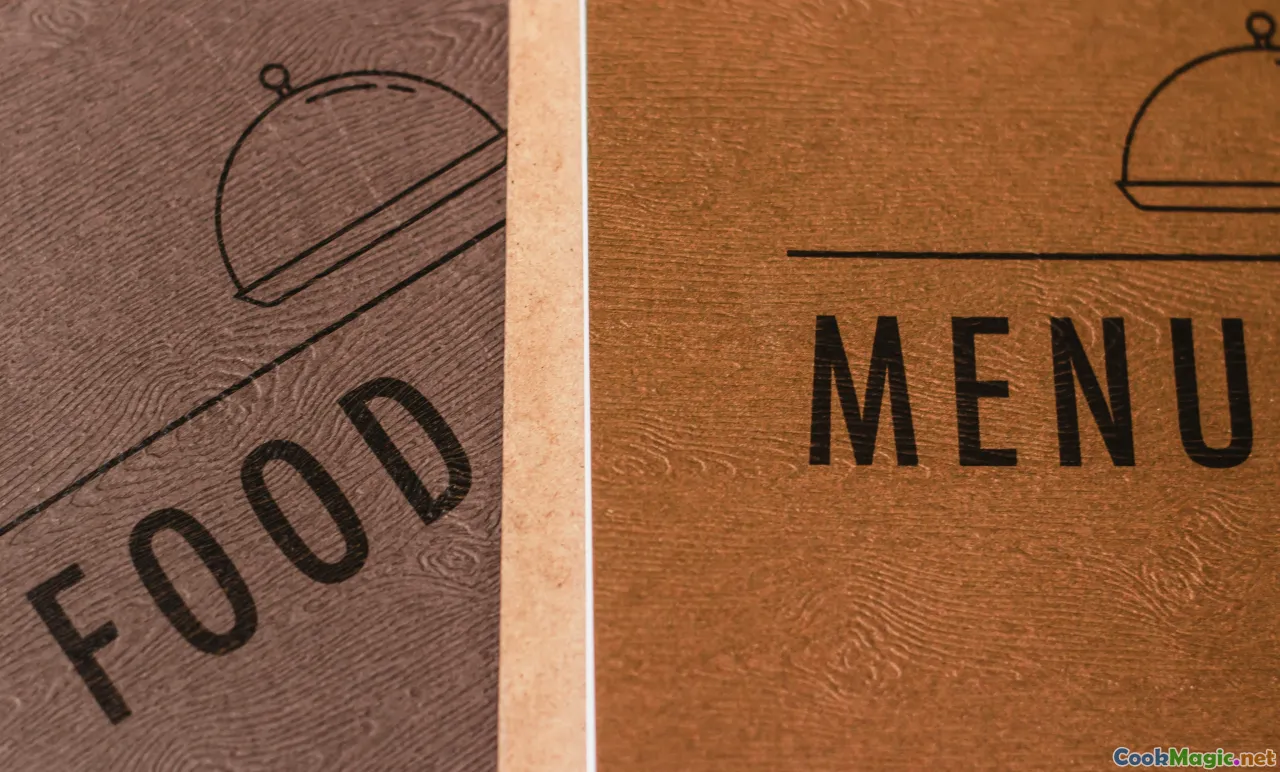
From comic pages to streaming screens, food is a universal language of connection. The mythic secret recipe acts as a form of cultural currency — a symbol of trust, common identity, and shared heritage.
Think of breakfast scenes in Breaking Bad where secret meth recipes mirror culinary craftsmanship, or the secret recipes in MasterChef that heighten competition. These stories underscore that recipes—secret or not—are stories of human ingenuity, passion, and resilience.
Cultural myths centered around secret recipes continue to evolve in pop culture, enriching our collective culinary imagination.
A Taste of the Future: Flavors Yet Unwritten

Looking ahead, current trends in molecular gastronomy, AI-assisted cooking, and food hackathons are laying the groundwork for new culinary mythologies. Secret recipes may soon incorporate digital or personalized ingredients, making the mythos even more individualized.
Perhaps in future comics, you'll find the hero who masters a personalized, secret dietary formula granting superhuman stamina — a mythic recipe born from innovation.
In the end, whether through ink or innovation, the myth of secret recipes endures because food connects us to our stories, our traditions, and our dreams — transforming the simple act of eating into a legendary quest.
So, the next time you savor a carefully guarded family sauce or discover a mysterious new spice blend, consider: you’re not just tasting ingredients — you’re experiencing a story, a myth, a secret waiting to be uncovered.









